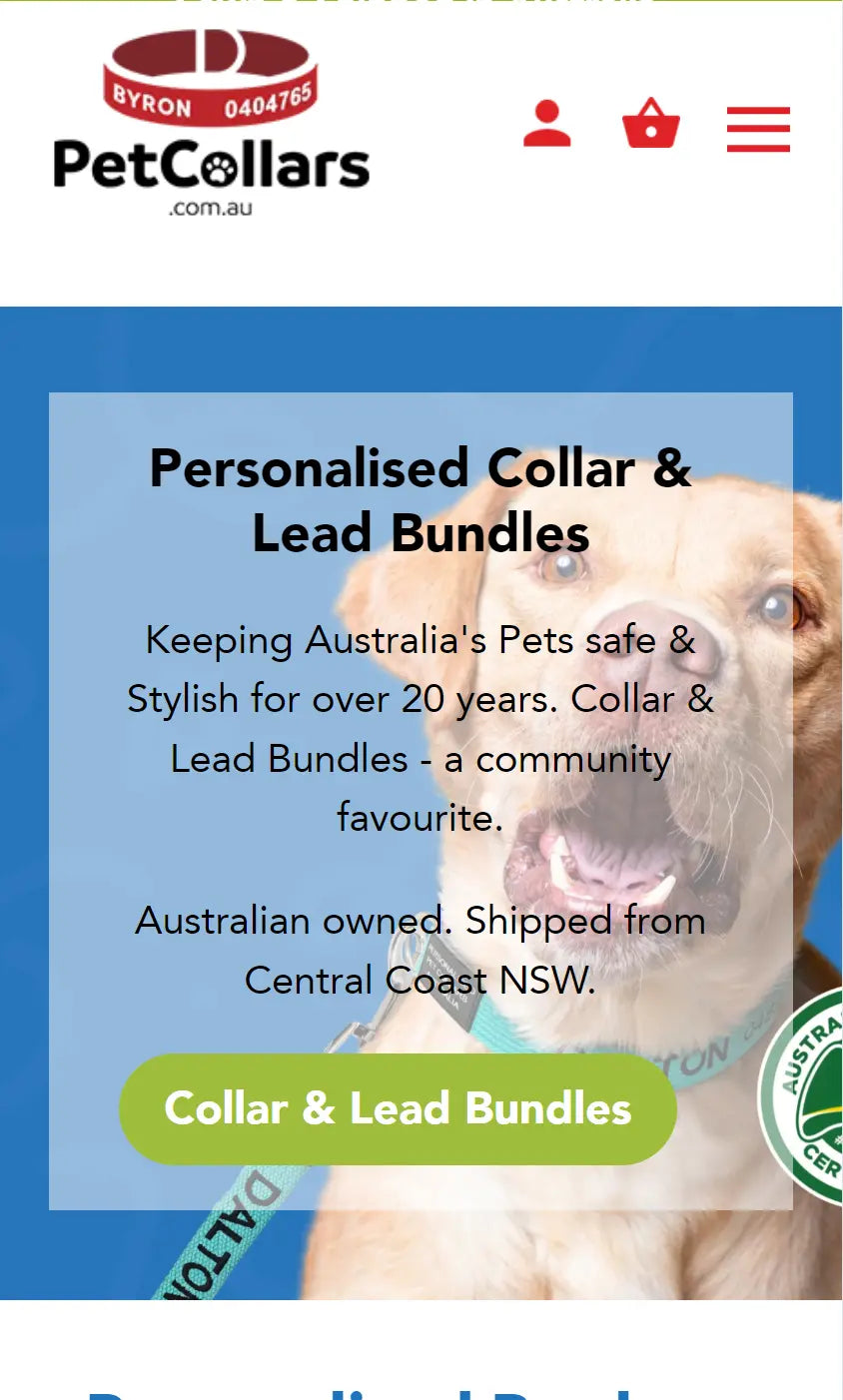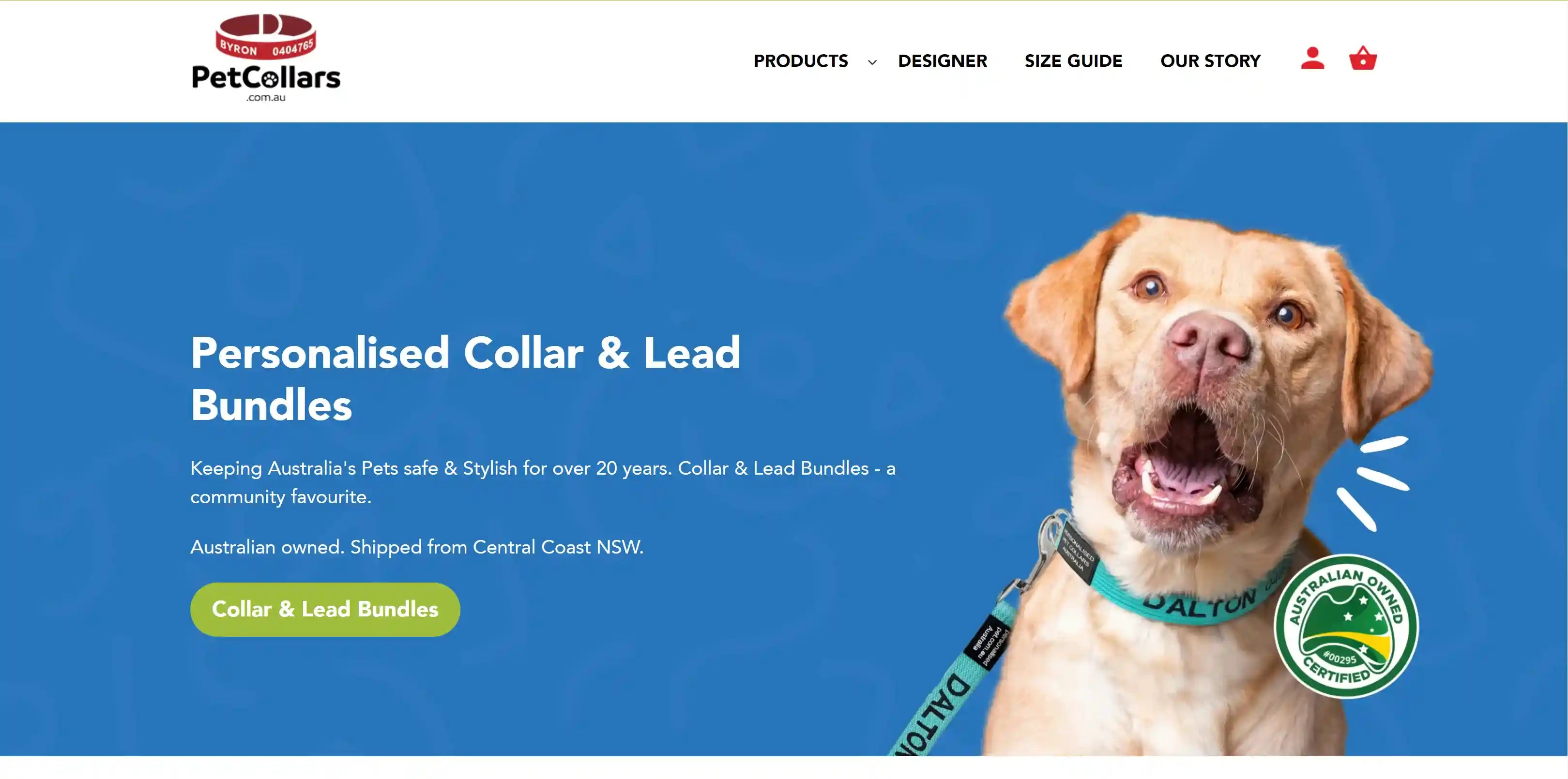Is Your Dog Poo Killing the Planet?

As the old saying goes … everybody poops! but nothing poops quite as regularly and relentlessly as our domestic dogs. My two fur buddies are good for at least at 2-3 smelly poops each per day, almost never at the same time and almost usually when we are out on our daily walk or trip to the dog beach.
Being responsible Hooman’s we always have a poop bag with us for each special occasion. But for as long as I can remember the bag we used has always been one of those single use specials that Coles and Woolies has recently stopped using, but that our local green grocer still does, so we have not been without a steady supply.
That was up until recently, when my two daughters came home from school after seeing a Take 3 for the Sea presentation and have become the newest members of team Gen Z Eco Warriors. So now, as a family, we are focusing on reducing the amount of single use / disposable plastics in our household, including finding a new solution to disposing of our doggy do do.
This led me to doing a bunch of research about dog poo and the most environmentally friendly way to treat this kinda waste. The findings were so mind blowing that I felt it was my duty to inform as many pet owners as possible just what I have discovered, so have written an article on a subject that I never would have imagined being in my portfolio.
Let's start with Dog Poo … It is truly horrible stuff. Firstly due to all the different enzymes in our dogs guts, their poop usually stinks to high heaven. Nothing has a dry reach level like having to scrape it from the sole tread of a shoe especially if the colpurite was a landmine from someone else's dog. It also can contain a number of infectious bugs, so needs to be dealt with caution.
So we definitely don't want to leave it where it lies, as outside of stepping in it AND the disease factor, dog poop has been known to wash into waterways and create algae blooms. And currently more than 1 billion single use bags full of dog poo hit landfill every single year. Let's face it, our dog's poop is both an environmental and a bio hazard of mass proportion, and the solution unfortunately isn’t as easy as just changing to biodegradable bags (more on them later).
Being this is a hazard that we Hoomans have to deal with on a daily basis, finding a solution that removes all the risk AND that is environmentally friendly should be high on every pet owner's agenda right? Well I have some great news … I think I have found the answer!
During my research I found a Molecular Biologist from Deakin University in Melbourne named Leigh Ackland. Leigh has written a couple articles on the subject of using composting to deal with dog poop, and after reading both, and doing some further research, I am sold that this is the solution.
Let's start with having a general look at household composting, which is an activity where you recycle biodegradable waste such as fruit and vegetable scraps, used teabags, garden waste and lawn clippings. This is usually done as a specifically designed composter which there are a lot of different makes and models, or you can build your own from any container, just search on Google and you will find thousands of tutorials on home composting.

So not only is composting great to reduce landfill by reducing food and yard scraps, it is a process that the kids will love and it will deliver you some of the best garden fertiliser (for non edibles) you have ever used. Now add the benefit of being able to use home composting to dispose of your dog poop … why has no one ever told me this and why aren't we all doing it?!?
Now that you are no doubt sold on the home composting idea, let’s get back to the “poop bag” issue, as back yard poops might be ok to scoop and drop in the composter, but you still need bags when out walking. There are plenty of biodegradable poop bags on the market but finding the right kind of bag is harder than you think as not all of them will break down efficiently, but a good one will rot within a few months in a good compost.
Standards Australia produces standards for the biodegradability of plastic bags. Code AS 4736-2006 specifies a biodegradable plastic that is suitable for overall composting (which includes industrial processes) and other microbial treatment, while AS 5810-2010 specifies home composting. There is a double arrow logo you can watch out for on bags that have been certified as home compostable and there is a seedling logo for certified compostable. If you cannot locate a certified compostable bag in your area, you can source them online. Here are some brands that we found selling certified compostable bags in Australia.
So now you know the solution to all the issues surrounding dog poop disposal and know where to find the appropriate bags for composting, it's time to turn knowledge to action. Let's all have some family fun and set up a home compost as breaking things down and using them again should be added to the list of responsible pet ownership.
Not only will reducing landfill and saving the environment but we will end up with a great looking, nourished garden as well … you're welcome.
If you are keen to learn more about the science of composting, and a more comprehensive argument on why we should be doing it, you can read Leighs articles on the subject HERE.
And if you get right into composting, there is a great community called ShareWaste where you can make your compost open for others that can't partake to use yours and vice versa.




